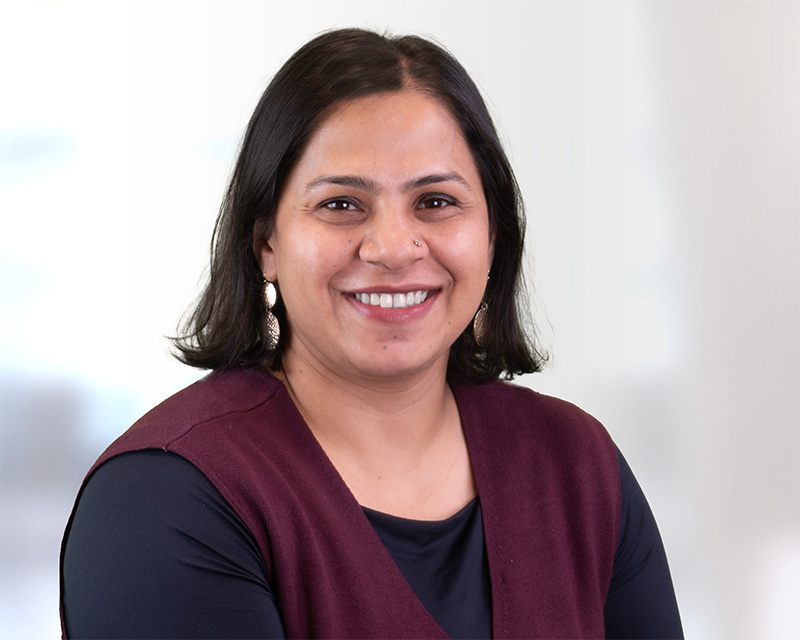Odisha: The International Food Policy Research Institute (IFPRI), a CGIAR research center, the Department of Agriculture and Farmers’ Empowerment, and the Fisheries & Animal Resources Development Department signed a Memorandum of Understanding on the occasion of Akshaya Tritiya to work together toward doubling farmers’ income. The event was inaugurated by the Honorable Chief Minister of Odisha, Shri Naveen Patnaik.
The MoU was signed by the Directors of Agriculture & Food Production and of Animal Husbandry & Veterinary Services, Odisha on behalf of the Government of Odisha, and by Dr. Shahidur Rashid, South Asia Director, IFPRI, for and on behalf of Dr. Johan Swinnen, Director General, IFPRI.
The MoU will facilitate long-term collaboration between IFPRI and the Government of Odisha to generate the evidence needed for policy formulation and more effective implementation of programs to increase farmers’ income and improve the welfare of rural households in the state. In recent years, the Government of Odisha has implemented many innovative programs to support farmers, farm laborers, and all poor families at scale. IFPRI will leverage its experience in rigorous evaluation of such programs across different parts of the world to further strengthen the large flagship programs in the agriculture and food sector in Odisha. IFPRI will also help rigorously assess and document the innovations and the achievements of these programs in the state to draw practical lessons for other states of India and countries in Asia and Africa.
The focus areas identified by the MoU include concurrently evaluating the state’s flagship programs for farmers’ and rural welfare (like KALIA, the Millets Mission); establishing data systems and diagnostic tools to track changes in farmers’ economic conditions; devising strategies to create vibrant producer organizations (FPOs); and unleashing growth in agriculture and allied sectors (like animal husbandry and fisheries). These focus areas may change with the state government’s evolving priorities and data needs.
Considering IFPRI’s core competence in enabling evidence-based policy choices across several countries and states in India, various research and analytical tools and techniques will be employed to help generate empirical evidence, which will help assess the impact of governmental policies and programs on farmers.
IFPRI will work closely with the research and academic institutions in the state to facilitate the exchange of ideas, mutual learning, and capacity building.
This collaboration for improved policy planning and implementation will be achieved through ground-level research and targeted capacity-building essential to effective policymaking and business decisions that serve the overall interest of the state and improve the well-being of its citizens.
* * * * * *
The International Food Policy Research Institute (IFPRI), a CGIAR Research Center established in 1975, provides research-based policy solutions to sustainably reduce poverty and end hunger and malnutrition. IFPRI’s strategic research aims to foster a climate-resilient and sustainable food supply; promote healthy diets and nutrition for all; build inclusive and efficient markets, trade systems, and food industries; transform agricultural and rural economies; and strengthen institutions and governance. The Institute’s regional and country programs play a critical role in responding to demand for food policy research and in delivering holistic support for country-led development. Visit the global website at www.ifpri.org and the regional website at http://southasia.ifpri.info/.



